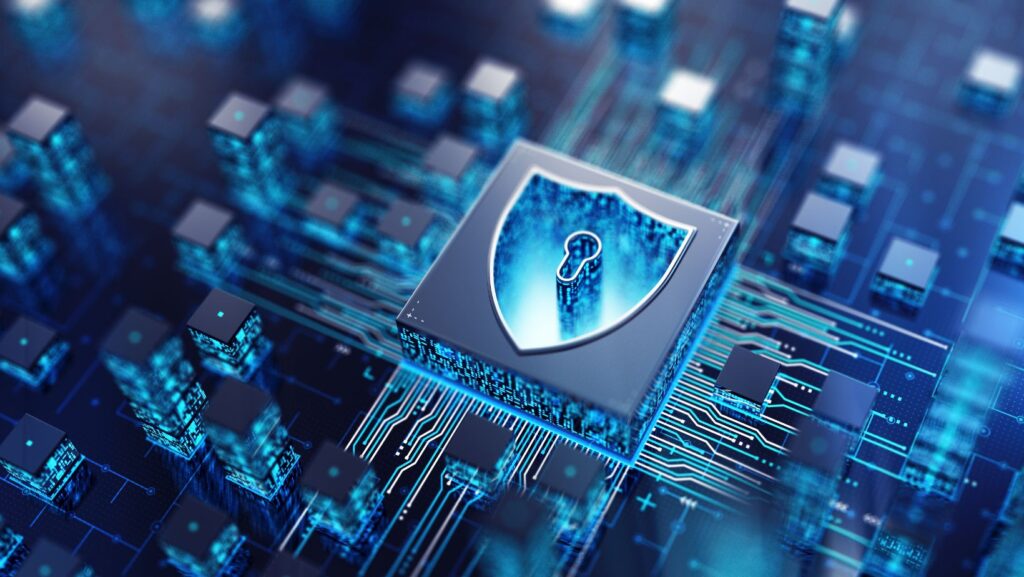In an increasingly digital world, cybersecurity has become more important than ever. Whether shopping online, managing your finances, or browsing social media, safeguarding your information from cyber threats is essential. But what exactly is cybersecurity, and how can you protect yourself? This beginner’s guide breaks down the basics, helping you navigate the complex yet critical field of cybersecurity. For deeper insights into managing risks in digital spaces, you can also read more about strategies that some industries, like online casinos, employ to ensure user safety.
What Is Cybersecurity?
Cybersecurity refers to the practices, technologies, and processes designed to protect digital systems, networks, and data from unauthorized access, attacks, and damage. Its primary goal is to ensure information confidentiality, integrity, and availability.
In simpler terms, cybersecurity is all about keeping your digital world safe—whether that’s your email account, personal devices, or a company’s entire IT infrastructure. With cybercrime on the rise, understanding the basics of cybersecurity is no longer optional; it’s a necessity.
Why Is Cybersecurity Important?
Cybersecurity matters because:
- Cybercrime Is Growing: According to global statistics, cybercrime costs businesses and individuals billions of dollars annually. The consequences range from financial loss to identity theft.
- Our Lives Are Digital: Protecting sensitive data is vital with so much personal and professional online activity.
- Critical Infrastructure Is At Risk: Cyberattacks can target essential services like healthcare, energy grids, and financial systems, potentially disrupting society on a large scale.
Common Cybersecurity Threats
Understanding the types of threats you’re up against is the first step in defending yourself. Here are some of the most common cybersecurity threats:
Phishing Attacks
Phishing involves fraudulent emails, messages, or websites that trick users into revealing personal information, such as passwords or credit card details.

These scams often come from trusted sources, like your bank or a well-known company.
Malware
Malware refers to malicious software like viruses, worms, and ransomware that can infiltrate your device. Once installed, malware can steal data, encrypt files, or disrupt system operations.
Data Breaches
A data breach occurs when sensitive information is exposed to unauthorized individuals. This can result from hacking, poor security practices, or insider threats.
Man-in-the-Middle (MitM) Attacks
In a MitM attack, hackers intercept communication between two parties to steal or manipulate data. Public Wi-Fi networks are often exploited for these attacks.
Denial of Service (DoS) Attacks
DoS attacks overwhelm a network or server, causing it to crash and become unavailable to users. Cybercriminals often use these attacks to disrupt businesses or institutions.
Practical Cybersecurity Tips for Beginners
You don’t need to be an IT expert to improve your cybersecurity. Simple precautions can significantly reduce your risk. Here are some practical tips:
Use Strong and Unique Passwords
Create passwords that are long, complex, and unique for each account. Use uppercase and lowercase letters, numbers, and special characters. A password manager can help you keep track of them. Cybernews has reviewed several free password managers that can help users securely store and generate strong passwords without cost.
Enable Two-Factor Authentication (2FA)
2FA adds an extra layer of security by requiring a second form of verification, such as a text message or biometric scan, and your password.
Be Cautious with Emails and Links
Avoid clicking on links or downloading attachments from unknown sources. Always verify the sender’s identity, especially if the message seems urgent or unusual.
Keep Software Updated
Outdated software can have vulnerabilities that hackers exploit. Regularly update your operating system, apps, and antivirus programs to ensure you have the latest security patches.
Secure Your Wi-Fi Network
Protect your home network with a strong password, and consider using encryption protocols like WPA3.

Avoid using public Wi-Fi for sensitive activities, such as online banking.
Backup Your Data
Regularly backup important files to an external drive or a secure cloud service. This ensures you can recover your data in case of ransomware or other attacks.
Be Mindful of Social Engineering
Social engineering attacks exploit human psychology rather than technical vulnerabilities. Be cautious when sharing personal information, even on social media, as attackers can use this information to target you.
Careers in Cybersecurity
Cybersecurity isn’t just a personal responsibility but a rapidly growing career field. With the increasing demand for cybersecurity professionals, there are opportunities for individuals interested in tech, problem-solving, and protecting others.
Common Roles in Cybersecurity:
- Security Analyst: Monitors and responds to security threats.
- Penetration Tester (Ethical Hacker): Identifies system vulnerabilities to prevent attacks.
- Cybersecurity Engineer: Designs and implements secure network solutions.
- Chief Information Security Officer (CISO): Oversees an organization’s cybersecurity strategy.
Skills Needed:
- Knowledge of programming languages (e.g., Python, Java).
- Familiarity with cybersecurity tools and frameworks.
- Strong analytical and problem-solving skills.
The Future of Cybersecurity
As technology evolves, so do cyber threats. Emerging trends in cybersecurity include:
Artificial Intelligence (AI) in Cybersecurity
AI is being used to detect threats faster and more accurately. However, hackers are also leveraging AI to create more sophisticated attacks.
Zero Trust Security
The zero-trust model assumes no user or device should be trusted by default. It requires continuous verification of identity and access.
Increased Focus on Privacy
With data privacy laws like the GDPR and CCPA, companies must prioritize protecting customer information. This will likely lead to more robust security measures across industries.
Conclusion
Cybersecurity is a shared responsibility that affects everyone. By understanding common threats and adopting best practices, you can significantly reduce your risk of becoming a victim of cybercrime. Whether securing your devices or pursuing a career, staying informed and proactive is key.
Remember, cybersecurity is not a one-time effort but an ongoing process. As the digital landscape evolves, so must your approach to staying safe online. Start with the basics; over time, you’ll build a strong foundation to protect yourself and others in the digital age.

